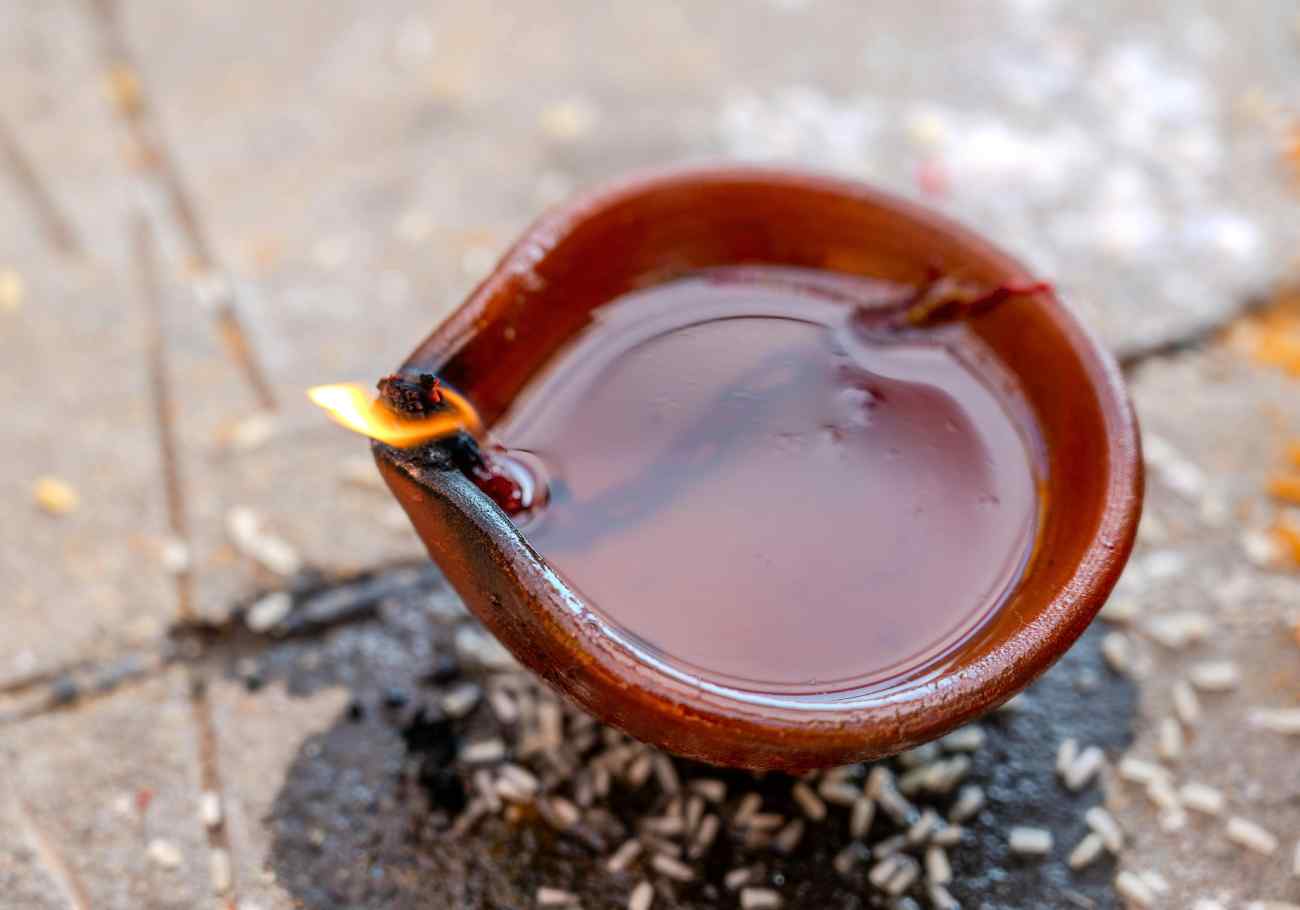
A shocking scam in Penang sees subsidised cooking oil, intended for low-income households, repackaged as prayer oil and sold at a 228% profit margin, the Penang Hindu Association (PHA) revealed.
This exploitation undermines the government’s efforts to support the B40 group through affordable essentials.
The scam, which diverts cooking oil meant for the poor into lucrative markets, has sparked outrage.
The PHA demands urgent action to protect consumers and ensure subsidies reach their intended recipients, highlighting the need for transparency and accountability.
Prayer oil profiteering exposed
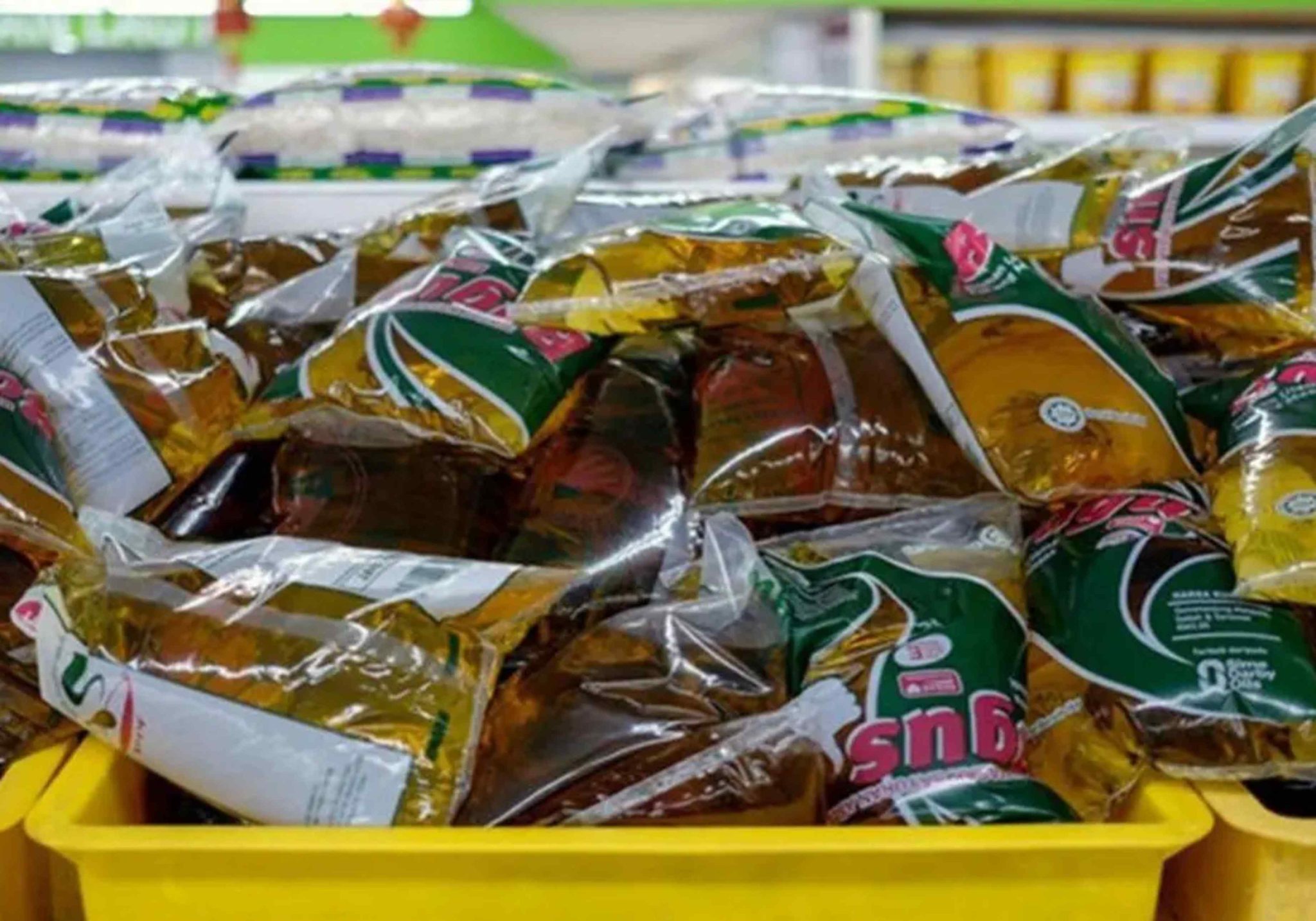
The government supplies cooking oil at RM2.50 per kilogram to ease financial burdens for low-income households.
However, some suppliers repackage this oil as prayer oil, selling it for up to RM8.20 per litre.
“It’s a mind-blowing 228% profit from the actual subsidised price. Some brands cost even more,” said Dato’ P. Murugiah, PHA president.
On 10 June 2025, Penang’s Ministry of Domestic Trade and Cost of Living (KPDN) raided an unlicensed premises, busting a syndicate repackaging 1kg oil packets into bulk tanks for commercial sale.
Authorities seized 4,000kg of oil, 128 partially cut packs, a lorry, and equipment worth RM64,567.50.
A lorry driver was arrested, with investigations under the Control of Supplies Act 1961 and Anti-Money Laundering Act ongoing.
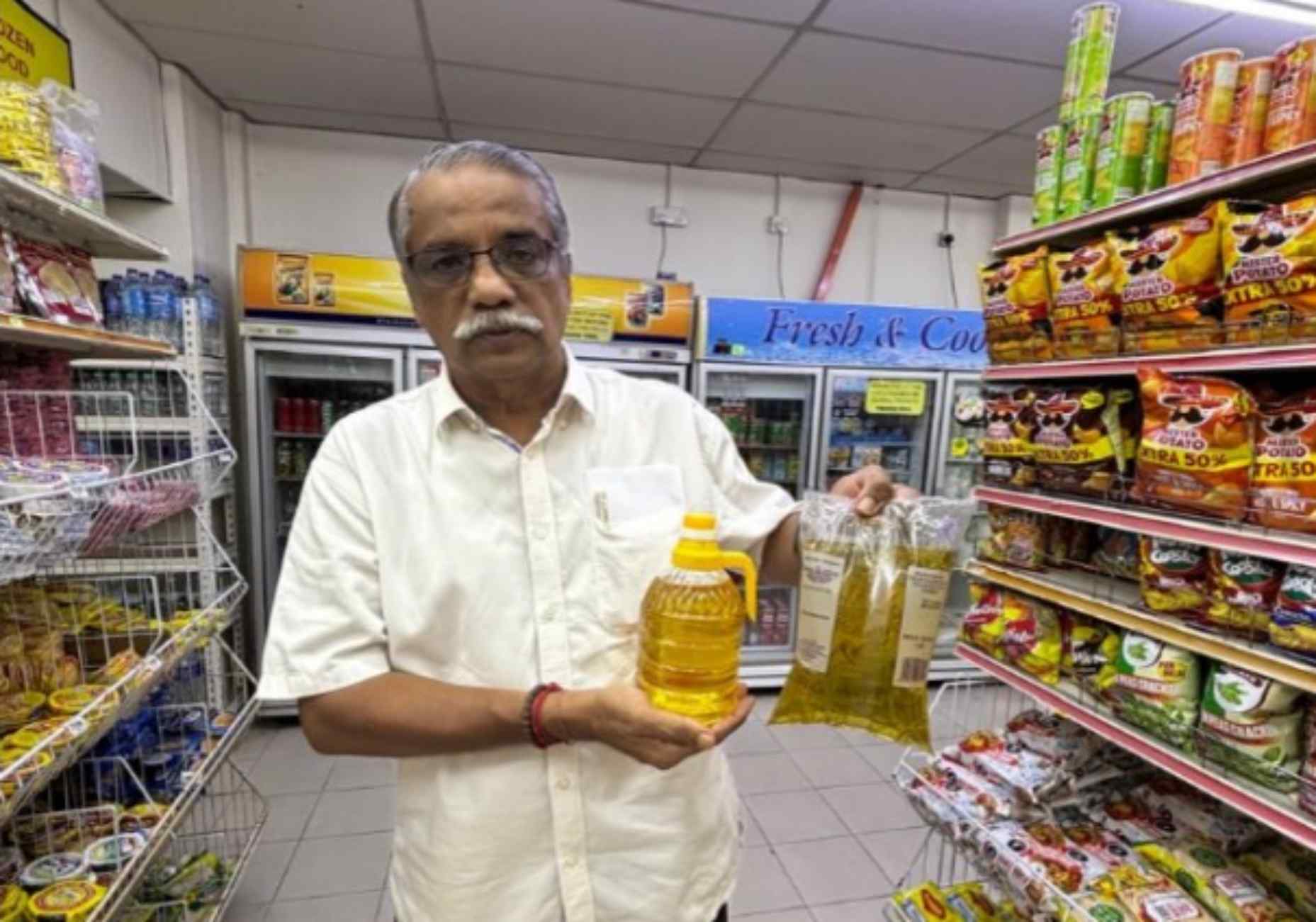
Murugiah noted that some suppliers use colour dyes to disguise the oil, evading detection. This deception exploits religious practices, particularly in temples.
The PHA urges KPDN to ramp up inspections at retail outlets to identify and penalise profiteers.
Additionally, the association pushes for the nationwide rollout of the Cooking Oil Price Stabilisation Scheme System (eCOSS).
“A robust, transparent system could close loopholes that enable the diversion of subsidised goods,” Murugiah said, stressing the need for better supply chain oversight.
The PHA also demands clear labelling. “The source and retail price must be clearly indicated on the label,” Murugiah stated, citing compliance with the Labelling Act.
Misleading labels, he added, are an offence, and authorities must act swiftly against violators.
Community impact and solutions
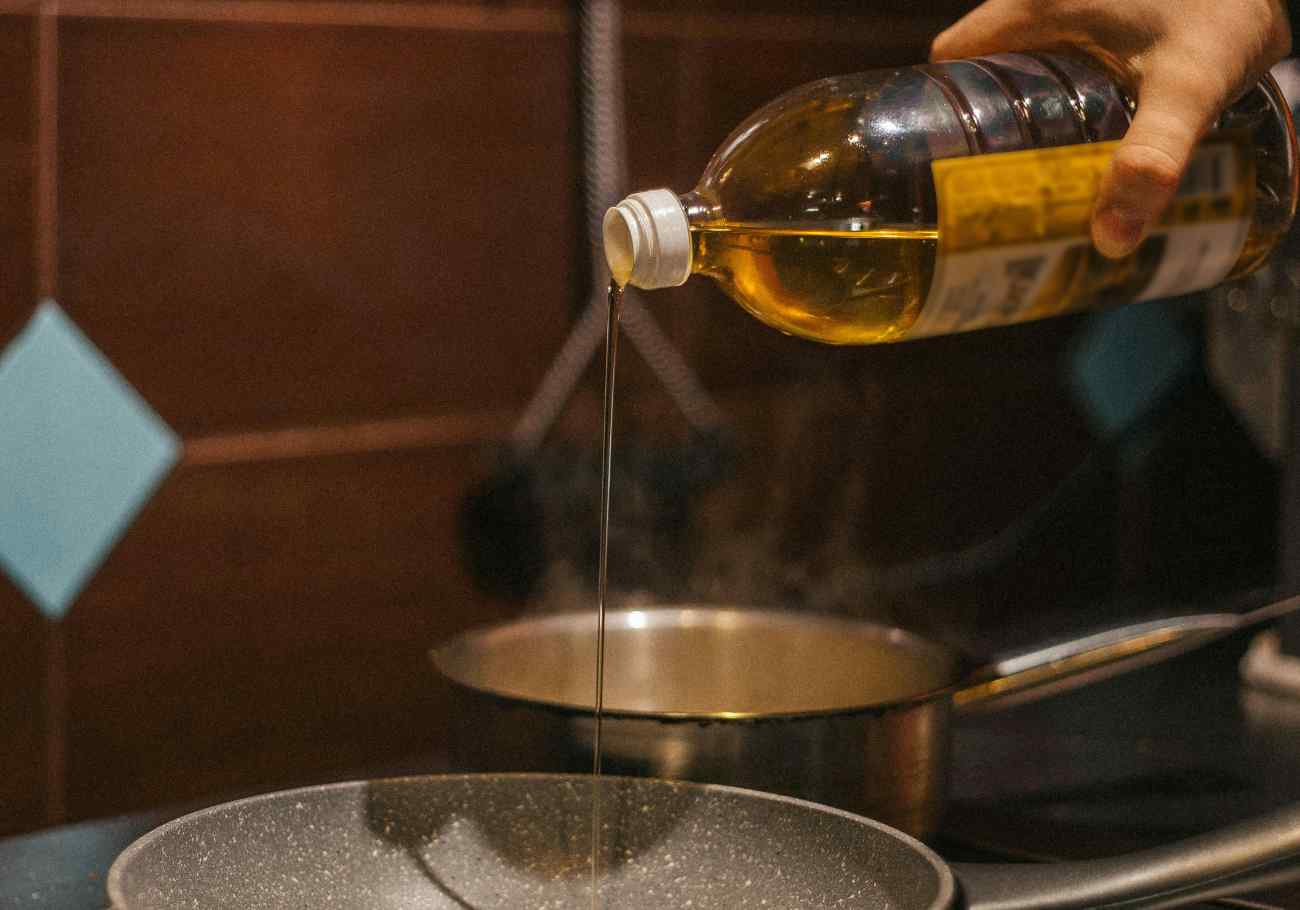
This prayer oil scam deprives low-income households of affordable essentials, undermining the government’s RM1.945 billion eCOSS initiative, which allocates 60,000 tonnes of subsidised oil monthly.
By exploiting cultural practices, profiteers inflate prices, impacting vulnerable communities.
In February, Plantation and Commodities Minister Johari Abdul Ghani proposed shifting to targeted subsidies via the PADU platform.
This system, compiling socioeconomic data, would deliver aid directly to eligible households, reducing misuse by middlemen and ineligible groups.
The PHA, a non-profit, supports Penang’s community with food aid, legal assistance, and funeral services. Its advocacy emphasizes consumer empowerment.
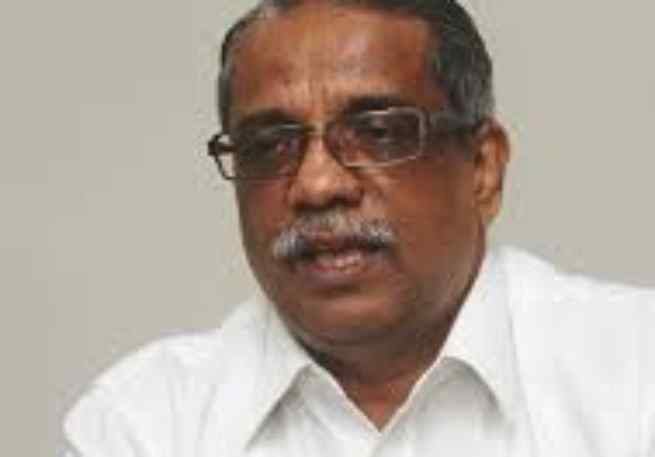
“We remind consumers to check prices and sources of prayer oil before buying,” Murugiah said, encouraging vigilance to combat exploitation.
Moreover, KPDN’s enforcement efforts, including 115 complaints addressed in Penang by December 2024, demonstrate commitment to tackling subsidy misuse.
Regular inspections and collaboration with customs authorities aim to curb profiteering and smuggling, ensuring fairness.
The PHA calls on consumers to report suspicious pricing and support stricter enforcement.
By advocating for eCOSS and clear labelling, the association seeks to safeguard subsidies for the B40 group.
This prayer oil scam highlights the urgency of closing loopholes to protect vulnerable communities.
For more details or to report profiteering, contact KPDN or engage with the PHA’s community channels.


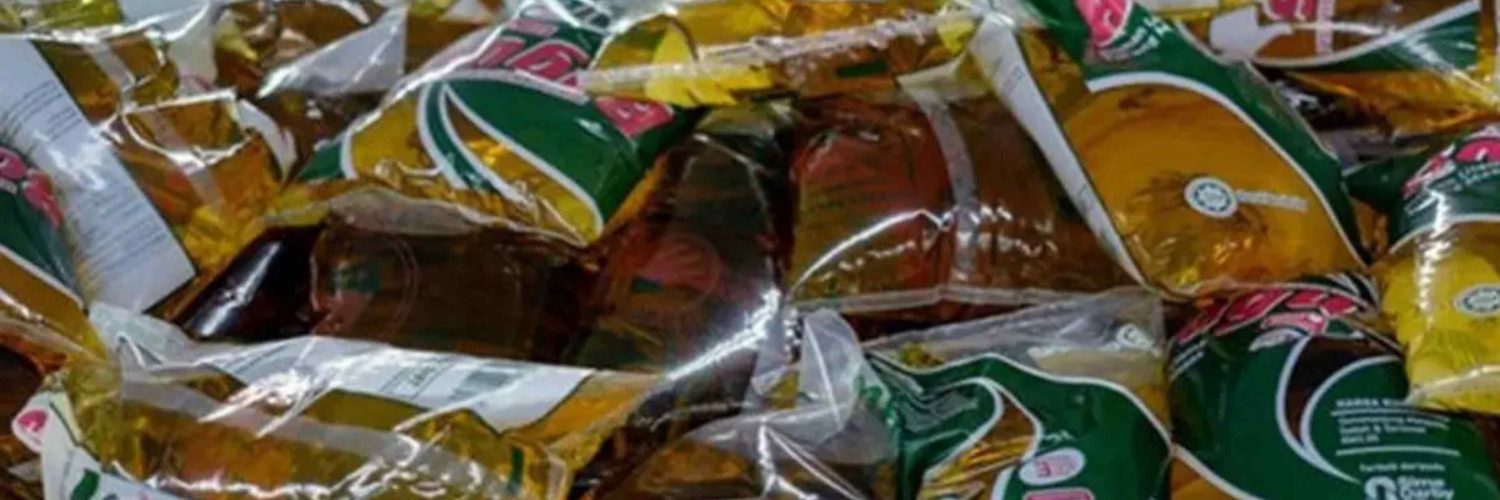









Add comment